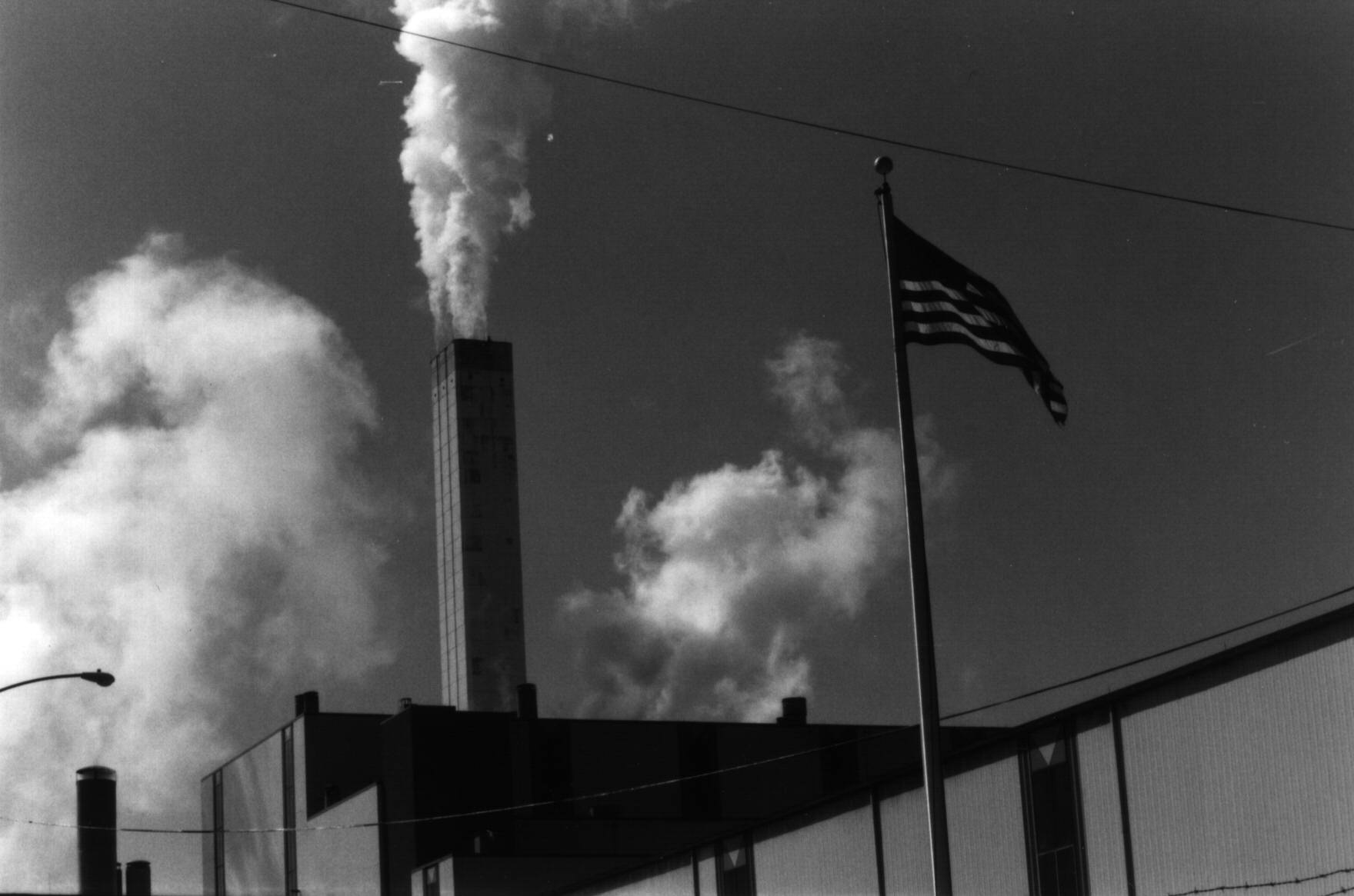On Wed, 9/22 @ 6:30pm – PA DEP is hosting a Public Hearing on a proposed permit to allow 5 more years of air pollution from Covanta’s waste incinerator in Chester.
You can help us fight back!
- ATTEND: you can join this audio-only hearing by calling 415-655-0003 and using the access code 2632 771 5916 — or you can join via Webex by registering at https://delcoej.org/hearing.
- SPEAK: you must separately register if you want to speak, by contacting John Repetz at jrepetz@pa.gov or 717-705-4904 at least 24-hours prior to the start of the hearing.
- LEARN: Find documents related to the air pollution permit renewal at the bottom of this page: https://delcoej.org/covanta/
- RECRUIT: invite your Facebook friends via this Facebook event: https://www.facebook.com/events/540483603677979/
We are calling on the Pennsylvania Department of Environmental protection to write the following requirements into Covanta Delaware Valley’s Title V Operating Permit No. 23-00004:
- That Covanta must install equipment capable of reducing Nitrogen Oxide (NOx) emissions to the modern limit of 45 parts per million, as met by the new incinerator they operate in West Palm Beach, Florida.[1]
- That Covanta must install an activated carbon injection system to reduce emissions of dioxins and mercury, and achieve a standard of 15 parts per million, as the trash incinerator in Baltimore, Maryland will soon be required to meet.[2]
- That Covanta must use continuous emissions monitoring technology to measure compliance with standards for particulate matter, dioxins/furans, and toxic heavy metals, including arsenic, cadmium, chromium (VI), lead, mercury, and nickel, and must report this data on a public website within two hours of data collection.[3]
[1] “Final Air Permit, Palm Beach Renewable Energy Facility No. 2,” Florida Department of Environmental Protection, Dec. 23, 2010, p.11. (Not available online, but a newer copy of the air permit is online at www.cleanairbmore.org/lawsuit/042R.pdf with the 45 ppm standard listed on p.25.)
[2] “Air Pollution Emission Control and Monitoring Agreement,” November 4, 2020. www.cleanairbmore.org/uploads/2020-11-04-BRESCOEmissionControlAgreement.pdf Stricter new requirements take effect 12/31/2023.
[3] “Continuous Emissions Monitors (CEMs).” www.ejnet.org/toxics/cems

